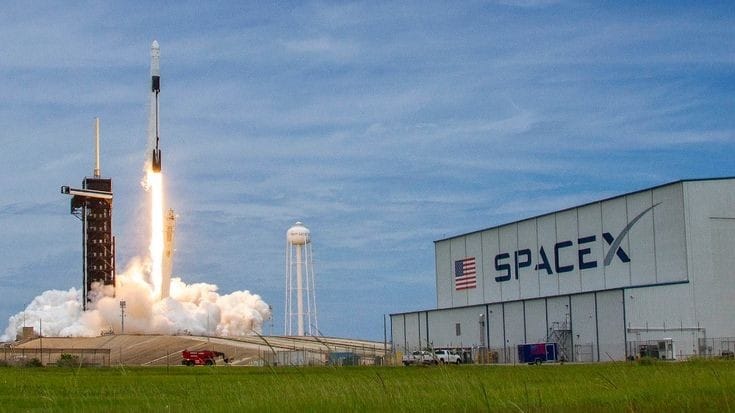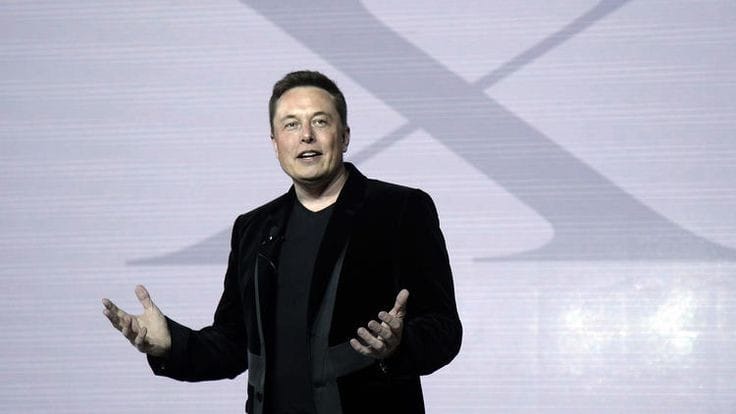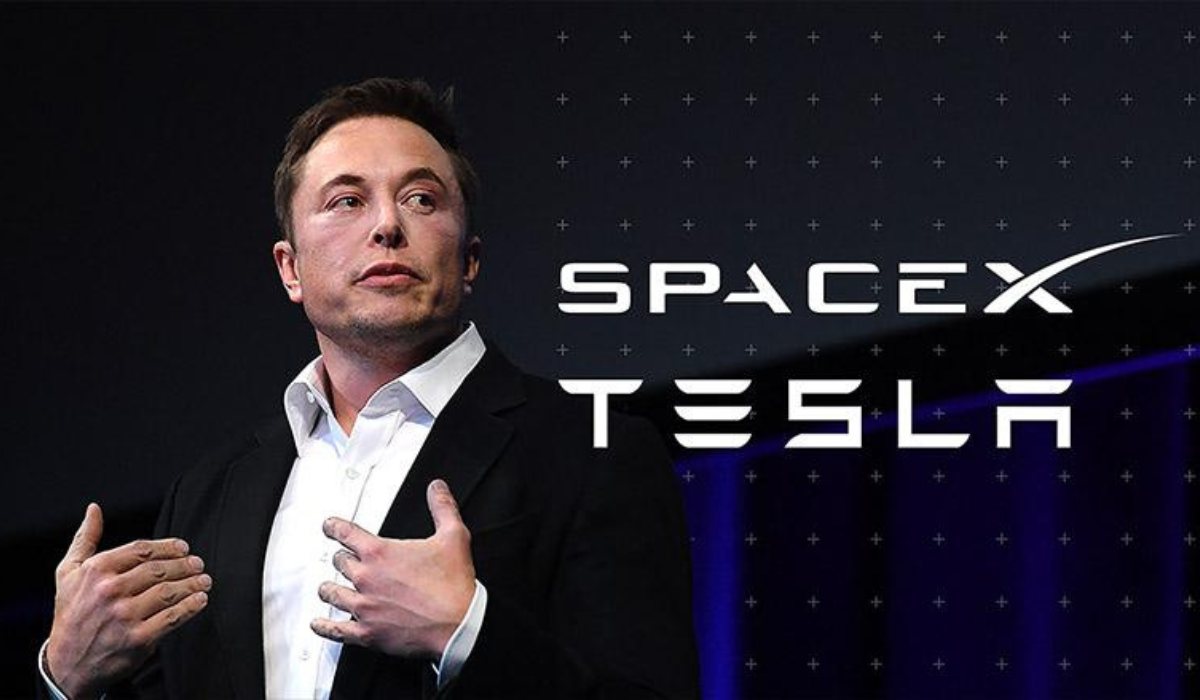Elon Musk, the visionary behind SpaceX, unveils an audacious blueprint aimed at colonizing Mars in the foreseeable future. In a recent announcement on social media, Musk declared his intention to establish a thriving human settlement on the Red Planet, envisioning a time when Mars would sustain a population of one million inhabitants.

SpaceX’s Starship: A Revolutionary Tool for Mars Exploration
He underscored the imperative for interplanetary survival, asserting that humanity must transcend the confines of Earth and ensure the viability of Mars as a self-sustaining civilization. Musk’s ambitious vision hinges on the revolutionary capabilities of SpaceX’s Starship rocket, which he champions as the linchpin of humanity’s journey to Mars. With unwavering determination, Musk foresees a future where traversing the vast expanse of space to Mars becomes as routine as a domestic flight across the country.
Challenges and Ambitions: Elon Musk’s Pursuit of Interplanetary Civilization
Musk’s grand aspirations for Martian colonization have been a longstanding theme in his visionary endeavors. The tech luminary has persistently advocated for humanity’s expansion beyond Earth, emphasizing the imperative of establishing a multi-planetary existence as a safeguard for civilization. Yet, recent developments suggest that SpaceX is intensifying its efforts to translate Musk’s lofty vision into tangible reality within the coming years.
Just days ago, Musk boldly projected that Starship, SpaceX’s revolutionary spacecraft, could potentially reach the Moon within a relatively short span of five years. Moreover, he underscored SpaceX’s pioneering role in pushing the boundaries of space exploration, with the Crew Dragon capsule poised to propel astronauts farther into the cosmos than any human has ventured in over half a century. While Musk’s objectives remain ambitious, he readily acknowledges the formidable challenges inherent in creating a self-sustaining Martian civilization, recognizing that such a monumental feat demands unparalleled levels of ingenuity and perseverance.

Image Source: Los Angeles Times
Regulatory Scrutiny: Musk’s Legal Challenges with Twitter Acquisition
Elon Musk finds himself once again at the center of regulatory scrutiny as he faces a fresh round of inquiries regarding his acquisition of Twitter, now rebranded as X, on February 12. A California federal court recently upheld the SEC’s investigation, deeming it legitimate and the requested testimony pertinent, thereby dismissing Musk’s claims of harassment and irrelevance.
While Musk had previously testified twice before the SEC in July of 2022 during half-day sessions, the agency’s pursuit of additional questioning stems from the emergence of new evidence. With the SEC having received “thousands of new documents” from various sources, including submissions attributed to Musk himself, the regulatory body seeks to ascertain whether Musk adhered to disclosure protocols and provided accurate public statements regarding his Twitter stock acquisitions and subsequent intentions.
The SEC’s investigation delves into the intricacies of Musk’s actions surrounding his involvement with Twitter and aims to scrutinize the veracity of his disclosures and public pronouncements. As Musk navigates this latest legal challenge, the outcome of the inquiry holds significant implications not only for his personal standing but also for the broader landscape of corporate governance and regulatory oversight in the realm of technology and finance.
In conclusion, Elon Musk’s visionary mission to colonize Mars marks a bold step towards interplanetary exploration. With SpaceX’s Starship at the forefront, Musk’s ambitious goals for Martian settlement reflect humanity’s enduring quest for innovation and discovery. However, as Musk faces regulatory scrutiny over his Twitter acquisition, the outcome of this legal challenge may shape the future of corporate governance in the technology sector. As Musk navigates these challenges, his endeavors underscore the relentless pursuit of progress and the boundless possibilities that lie ahead in our exploration of the cosmos.
Read More about: SpaceX first Direct Cell satellites



